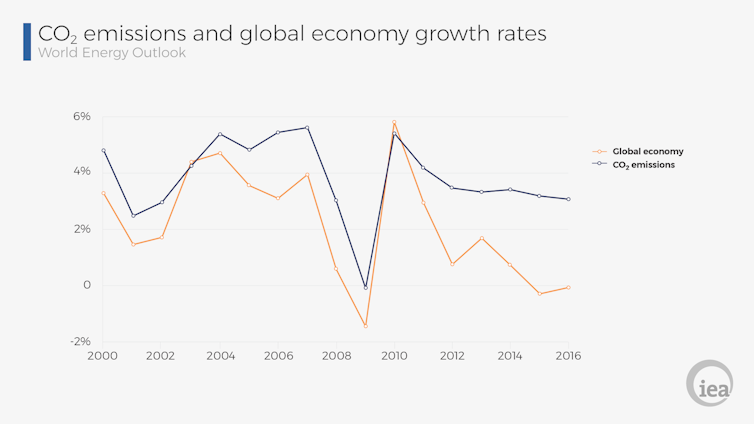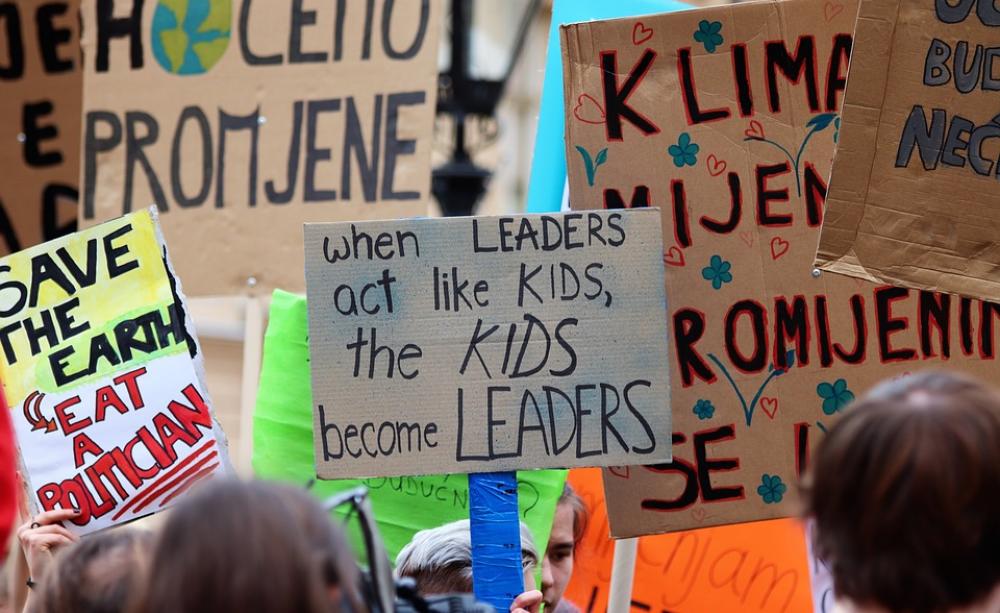At the COP24 conference in Poland, countries are aiming to finalise the implementation plan for the 2015 Paris Agreement. The task has extra gravity in the wake of the recent IPCC report declaring that we have just 12 years to take the action needed to limit global warming to that infamous 1.5ᵒC target. Although the conference itself is open to selected state representatives only, many see the week as an opportunity to influence and define the climate action agenda for the coming year, with protests planned outside the conference halls. A crucial role of environmental activists is to shift the public discourse around climate change and to put pressure on state representatives to act boldly. COP24 offers a rare platform on which to drive a step change in the position of governments on climate change. However, many environmental movements in Europe are not offering the critical analysis and radical narratives needed to achieve a halt to climate change. Read more: Extinction Rebellion: I'm an academic embracing direct action to stop climate change
 Economic growth and carbon emissions are closely linked. International Energy Agency
Practically, what this means is that as long as economic growth continues to expand rapidly and indefinitely, so too will the quantity of CO₂ in the atmosphere and the associated environmental and social impacts.
To address climate change, therefore, we must address the root cause of this planetary ailment: the ideology of growth first, growth always. By moving away from growth-oriented societies in Europe and other advanced economies, towards ones that prioritise environmental and social health, we stand the slimmest chance of solving our climate crisis, while still allowing the poorest economies globally to meet their economic needs.
Economic growth and carbon emissions are closely linked. International Energy Agency
Practically, what this means is that as long as economic growth continues to expand rapidly and indefinitely, so too will the quantity of CO₂ in the atmosphere and the associated environmental and social impacts.
To address climate change, therefore, we must address the root cause of this planetary ailment: the ideology of growth first, growth always. By moving away from growth-oriented societies in Europe and other advanced economies, towards ones that prioritise environmental and social health, we stand the slimmest chance of solving our climate crisis, while still allowing the poorest economies globally to meet their economic needs.

School climate strikers in Edinburgh demanded unity and action. My decision to attend and support the Edinburgh School Strike, like my arrival, was late. As I left Waverley Station I listened intently for the sound of protest but the city gave up only its regular sounds; the beat and grind of petrol and diesel engines busy pumping out their invisible death, the whoosh of air b...
The concept of convivialism has attracted some attention in recent years. When giving it a closer look – even superficially – it soon reveals its proximity to the degrowth concept and movement. But what exactly constitutes this proximity and where are the differences? Below I will give a short summary of what we can understand by degrowth in practical and theoretical terms. Then I will continue...

By Jamey Ellis Each of us has given without the expectation of receiving. Each of us knows the rewards of doing so. Sometimes the joy felt by those giving can even seem to outweigh that of the ones receiving. We’ve all taken part in a gift exchange, be it birthdays, holidays or anniversaries. But do we actually need to wait until a specific moment to find that joy of giving? Could such giving...